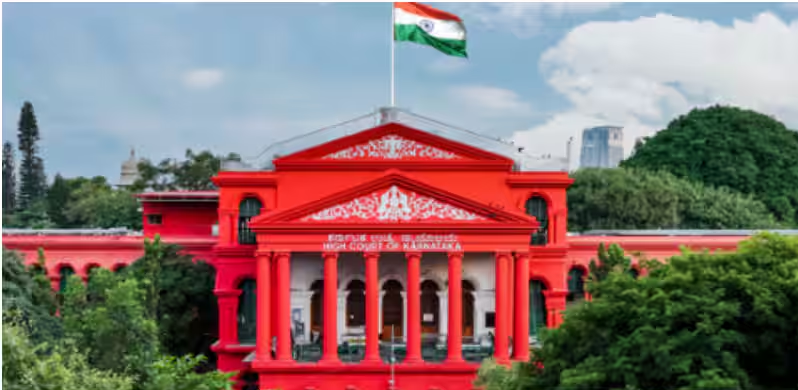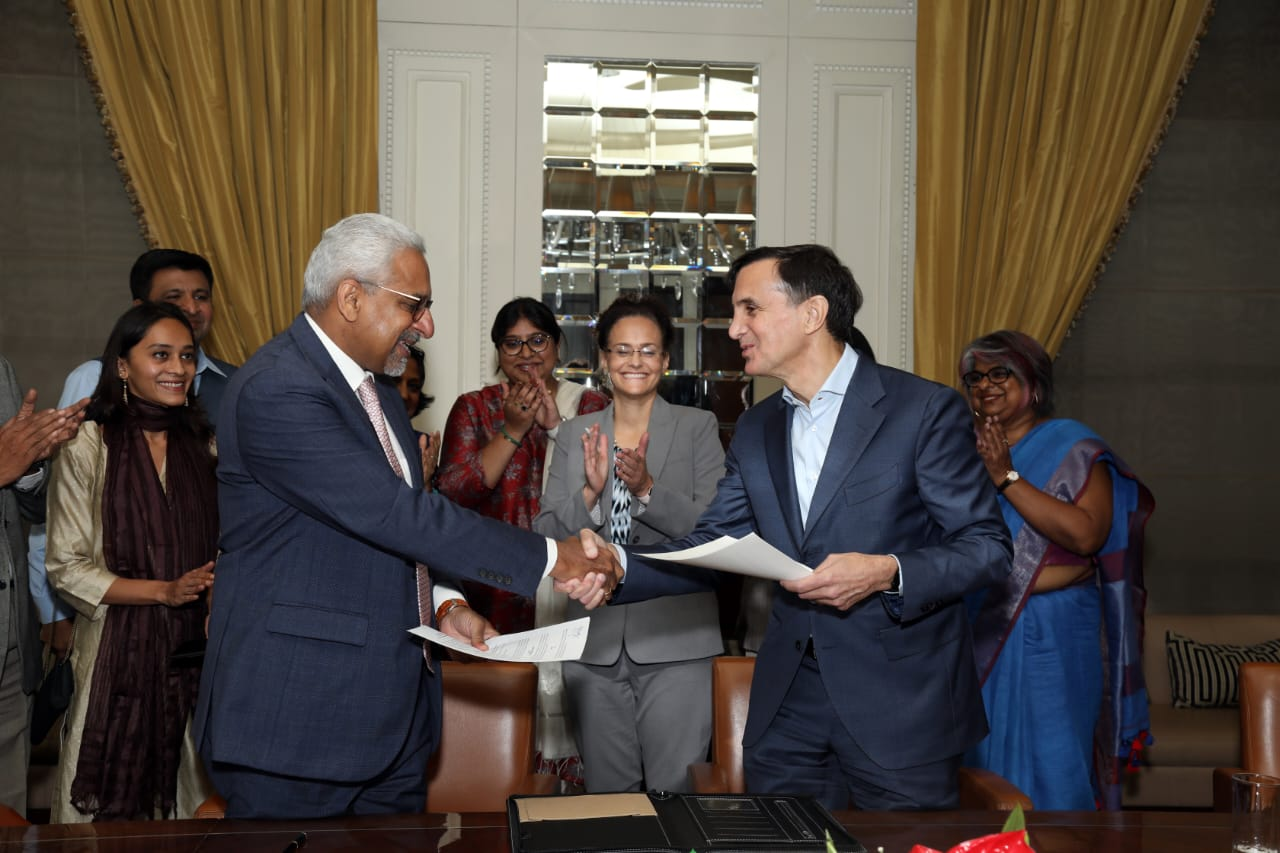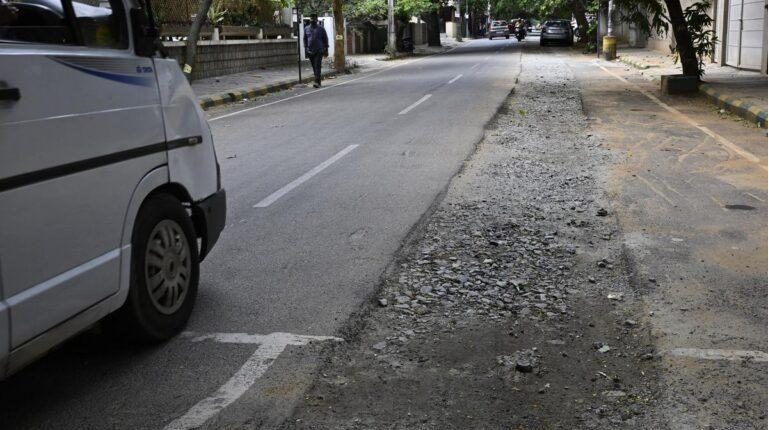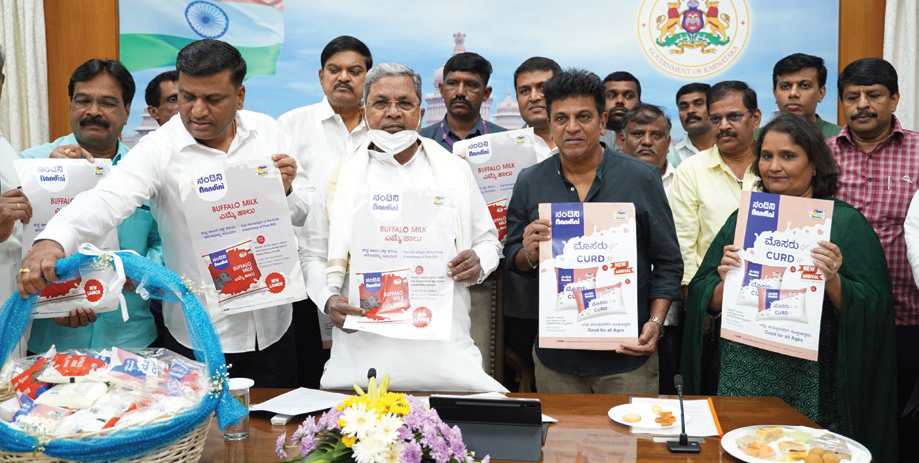
‘I was lucky, good journalism was in demand’
Hameed Ashraf | NT
Bengaluru: A career in journalism, recalls the reputed journalist and author, Josy Joseph, who is now a familiar face at the Bangalore Literature Festival, happened to him almost by chance. “It wasn’t due to any determined calculation,” Joseph said. “It happened.” He came to Delhi to become a civil servant, a dream that wasn’t meant to be, largely because he never took the civil services exam.
Instead, Josy became a journalist, starting out as a beat reporter. “Two things happened then,” he says. “One, I realised that while beat reporting has its advantages, it is limiting for someone who has interests across the spectrum. Second, a large amount of the journalism I was doing was meaningless, it was just done to fill up newspaper pages. I found no satisfaction in it.” Unable to quell his growing restlessness, he turned his attention to bigger things, beginning to sniff out stories that would truly make an impact. “I found some early successes at Midday in Delhi, so that kept me at it. I worked on developing my own skill-sets.” In 2006, he returned to academics, going to Fletcher at Tufts University to broaden his “academic sense of the world.”
He hasn’t looked back since. Joseph is known for top quality investigative journalism - “it’s basically high quality research,” he remarked. He has done what most journalists dream of - writing exposes that force corrupt, high-profile people out of power and office, triggering the arrests of criminals and conducting federal, criminal and military investigations. He has exposed, for instance, the Mumbai Adarsh Housing scam and the litany of misdeeds in the run-up to the 2010 Commonwealth Games in New Delhi. Both these incidents played an important role in the anti-corruption movement that would take root in the country.
In 2010, he was elected India’s ‘best political reporter of 2010’ by the Prem Bhatia Trust, an honour he received for his “scoops and revelations, which include a list of scams that have become familiar names in the political lexicon.” Three years later, the Ramnath Goenka Foundation named him the ‘Journalist of the Year’ in print media.Typically down to earth, he says, “Also, maybe I was lucky that there was a phase in my career when there was a demand for high quality journalism.”
 English daily published in Bengaluru & Doha
English daily published in Bengaluru & Doha


.png)



